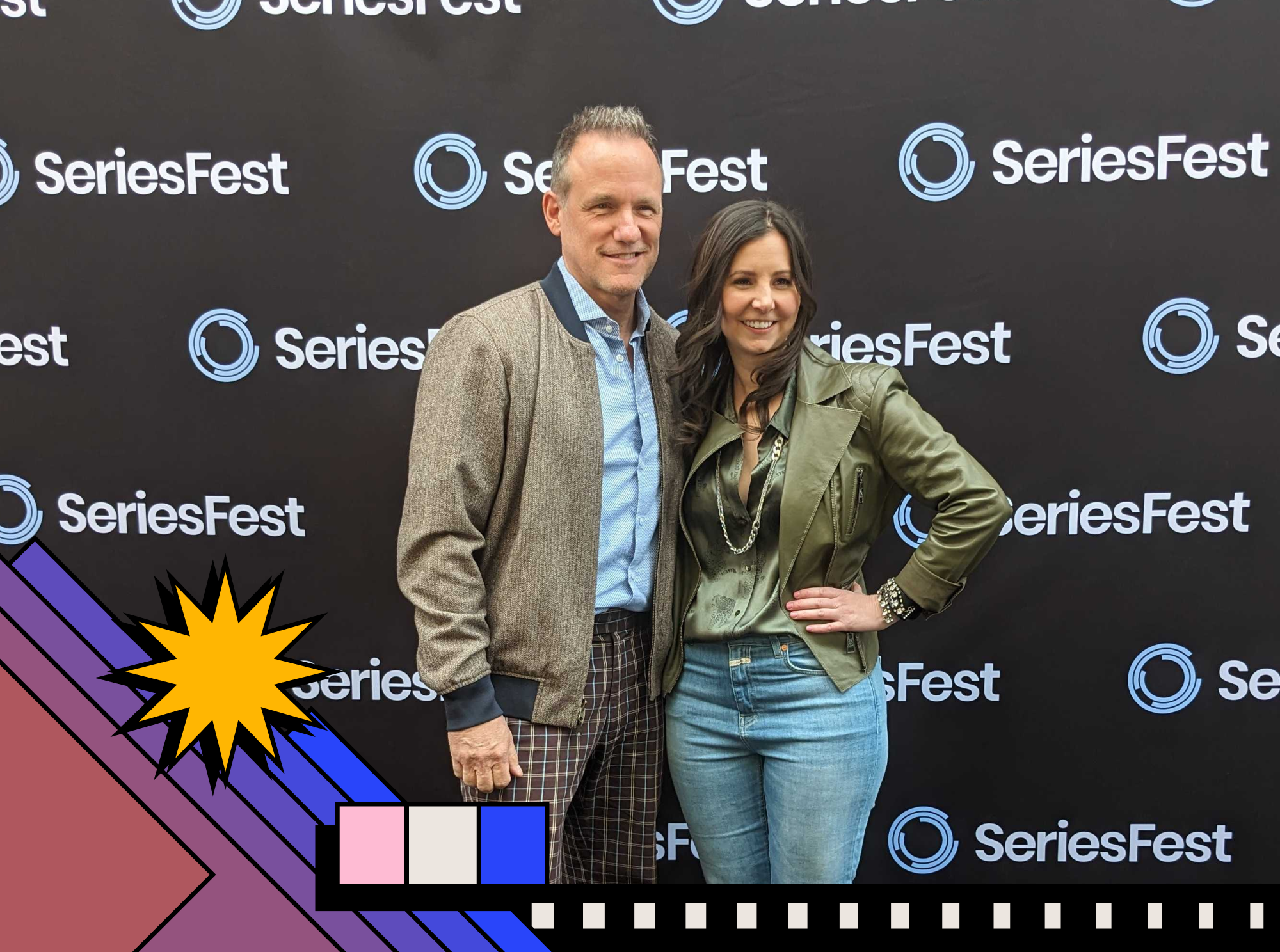SeriesFest is a non-profit organization that champions and empowers artists at the forefront of episodic storytelling. Each year, they host a one-of-a-kind television series festival, which features up-and-coming work and their makers screening alongside industry leaders in discussion about the television and streaming industry. Here’s our Managing Director Amanda Needham’s top five takeaways from the event.
- Historic dynamics in television are determining how things are made – but they don’t have to. From the arcane rights in licensing deals to the traditional path to becoming a showrunner, the historic linear approach to episodic storytelling is slowly but surely shifting. From antiquated accounting systems from the 1920s, to old work/life balances habits that didn’t respect family, both showrunners and execs shared efforts to streamline and integrate systems to create a more balanced TV industry. It’s actively changing – and the result of that is going to be more representation on TV.
- The International aquisitions market is growing. The necessity to be more transparent and efficient within the studio system after the stock market infusion of dollars has resulted in a shift in business practices for content production. This year, many studios are doing more cross-national acquisition deals, finishing up work that was made with international subsidies (in the UK, Europe or Canada) and then sharing market rights. It’s a trend that’s going to grow.
- The role of an executive is not linear. The importance of classic business acumen is key to being a successful TV executive, but the skillsets are not uniform. For Betsy Beers of Shondaland, it was the power of crafting stories and following a hero’s journey that led her to be a good script reader and beyond. For Beatrice Springborn, President of UCP and Universal International Studio, it’s the vulnerability to acknowledge what she doesn’t know as a business leader and trust a team approach to solving problems, hiring better and working through decision fatigue. All in all, the shared insight on how to run a linear media business was appreciated – as it’s not linear.
- Your script needs 3 things before anything else. Execs in the room repeated it over and over, in different ways, but the core of the message was the same: 1 – Specificity of POV, 2 – Quality (from script to pitch), 3 – Not seen before. After that, it’s about assembling a tried and true team to get it done – the importance of trusted ability to deliver is paramount in today’s market, which means partnerships are key.
- The problems (and power) of the limited series. The difficulty of limited series are that they have to be “undeniable” in their profit and potential effect – because they’re not ongoing (and the money is in ongoing seasons orders for a series). There’s also less awards for limited series and marketing has to go from 0 – 100 for each series. On the flip side, it’s easier to get a famous actor to sign on to a limited series, because they can do it on a break – filming can be done in under a month.
All in all, it was an incredible festival full of deep insight and exciting new work. Stay tuned for their festival next season and get involved as there’s no better way to understand and break into the work of episodic storytelling.





